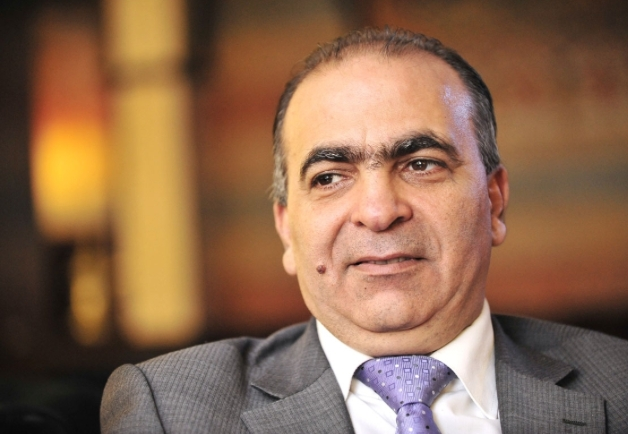The attacks which Iran’s militias have carried out, accompanied by Assad’s barrel bombs and Russian air strikes are unprecedented, both in terms of the intensity and in terms of brutality inflicted on the targeted areas. All hospitals and medical points have been deliberately targeted, while the siege has been tightened to implement the policy of starving and terrorizing a quarter millions residents in the eastern districts of Aleppo. Meanwhile, Russian aircraft and the artillery and rockets of Khamenei and Nasrallah continue to bombard these districts, which have been nearly flattened to the ground in the hopes of forcing their residents and fighters to raise the white flag and call for negotiations for their exit, as the Russians expect, or that the Iranian militias will be able to storm them before the end of the current president’s administration, which, as it seems, has given the green light to Putin and Khamenei to do what they want during the remaining period of its term — something that could explain Barack Obama’s recent statement, in which he said that he was not optimistic about the Syrian situation and that he does not expect the armed opposition to be able to hold out for long in the face of the Russian military machine and the forces allied with the regime. The statement could be an expression of hopes and desires rather than a reading of the balance of power between the two sides.
It is of course not guaranteed that Russia and Iran, despite all this brutality, will succeed in controlling Aleppo entirely. The control that they want to achieve at any price as a prelude to invading the Hama countryside and the Damascus countryside and regaining control over Daraa and its countryside during the remaining period of Obama’s term, in order to put a fait accompli in the Syrian arena before the new American administration, is to make sure Syria has no moderate opposition, according to the United Nations classification, and what remains for the new administration is to choose between standing alongside Russia and Iran in their war against ISIS in Raqqa and Deir-ez-Zor and the Nusra Front in Idleb and its countryside, or appear to be supporting terrorist organizations which Trump has long talked about during his campaign as an enemy that must be destroyed before any other consideration.
Despite all the welcoming statements of change which have occurred in the United States and Donald Trump’s arrival to the White House from Russia and the horns of Iran and Hezbollah and the Assad regime, it is clear that they trust in the Obama administration and the consistency of its indifference or complicity with them with regards to the Syrian issue, more so than the new administration, whose policies toward the issue have not yet crystallized. This is what is pushing them to achieve decisive victories before the end of his term, and especially after the statements issued by figures whom Trump has begun to choose as members of his new administration, who clearly do not appeal to Iran and are not up to the Kremlin’s expectations regarding the future of Russian-American relations. This could explain the brutality which they are employing against Aleppo, the Damascus countryside, and the eastern and western Ghoutas.
In any case, it is not expected that the Russian war machine and Iran’s ground forces whose numbers will be increased in the coming days (Russian newspapers have discussed Nasrallah’s Lebanese militia Hezbollah doubling the number of its fighters in Syria from 10,000 to 20,000, while Iran is sending more of its Basij and Revolutionary Guard forces to both Aleppo and its countryside and the Damascus countryside, while many convoys have been seen coming from Iraq carrying Shiite volunteers funded by Iran to both Damascus and the Hama countryside) will be able to settle the situation and announce military victory over the moderate opposition across all of Syria.
Despite the complete neutralization of Turkey after the Russian-Turkish deal and the inability of Arab supporters of the Syrian opposition to provide support, apart from political and media solidarity, since the areas that would need to be retaken and the forces needed to defeat in this short time are very great and geographically dispersed and unconnected.
If this does not happen and the Russian-Iranian efforts fail to settle the matter in what remains of Obama’s term, then it will make the issue of finding a solution of any type in Syria (military or political) strongly linked to the positions and decisions taken by the coming American administration.
Responsibility for the information and views set out in this article lies entirely with the author.


